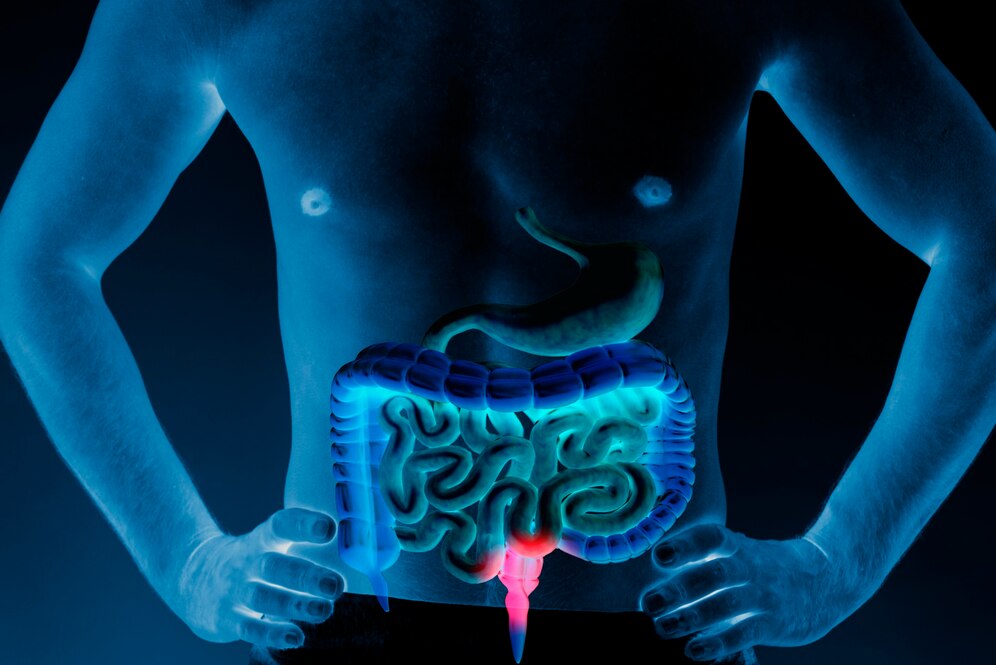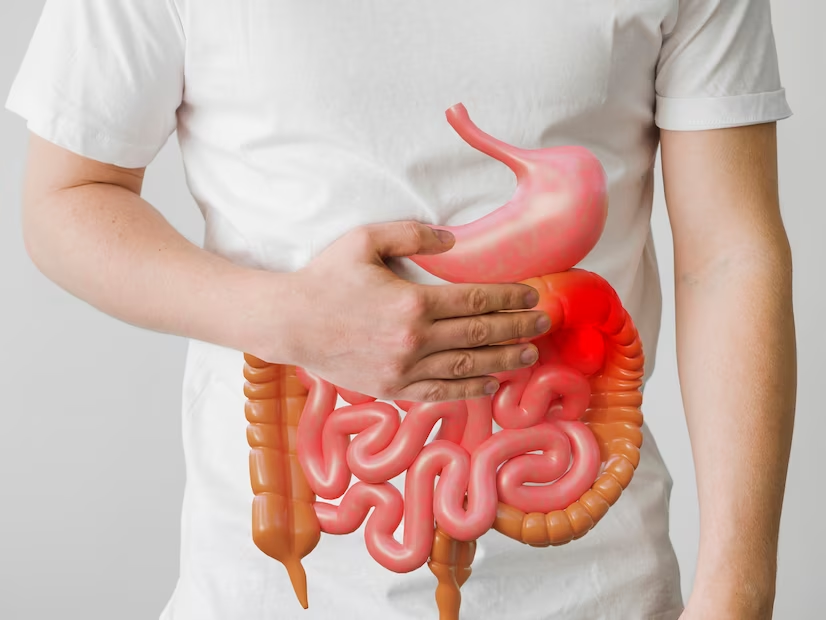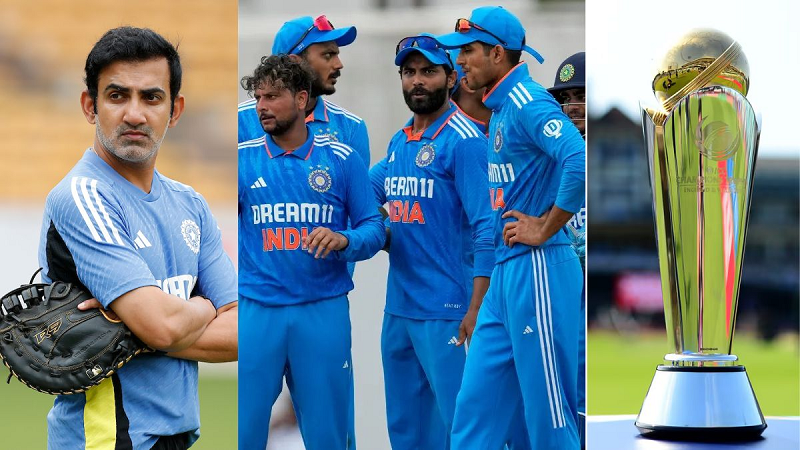Cancer is one of the leading causes of death globally. Every year lakhs of people die due to various types of cancer. Recent reports show that cancer is increasing rapidly even in young people. Colon cancer cases are now being seen more especially in people aged 30-40.

Recent reports show that colon cancer is taking the lives of young people (men and women) more than ever before. Health experts say everyone can be at risk, and some habits have been seen to increase the risk.
Colorectal (colon) cancer is the most deadly cancer in men under 50, second only to breast cancer in women of the same age group. The incidence of colon cancer has been increasing over the past two decades. Doctors say all people need to pay special attention to its symptoms.
What does the team of experts say?
The American Cancer Society said in a report that this is the first time that colon and rectal cancer has become the leading cause of death in youth. In research published in Cancer Journal for Clinicians, experts said that even young people are increasingly becoming victims of it.
Dr. Kimmy Ng, director of the Colorectal Cancer Center in Boston, says, for a few decades we have been seeing that the age of patients coming to our clinic is significantly younger. Dr. William Dahut, chief scientific officer of the American Cancer Society, says that in most people, cancer is diagnosed in the later stages when it becomes very aggressive.
Colorectal cancer problem
Colorectal or colon cancer is a growth of abnormal cells that begins in a part of the large intestine called the colon. Symptoms are usually not seen in this. It can be identified with the help of regular screening tests. Researchers found that lifestyle and diet-related disturbances may increase the risk of developing this type of cancer.
People of all ages should pay special attention to its symptoms.

What are its symptoms?
People with colon cancer often do not show any symptoms. However, as cancer cells grow, you may experience some problems that are considered alarming.
Frequent diarrhea or constipation.
Rectal bleeding or blood in the stool.
Persistent abdominal discomfort such as cramps, gas, or pain.
Feeling as if the stomach is not emptying during bowel movements.
Feeling weak or tired and losing weight without effort.
If you have such habits then be careful
Studies show that people who are overweight, smoke, or have a family history of cancer may have a higher risk of developing colon cancer. Apart from this, consuming high-fat and high-calorie foods or eating too much red meat can also increase the risk. The habit of drinking alcohol can also make you a victim of this type of cancer.
(PC: iStock)










